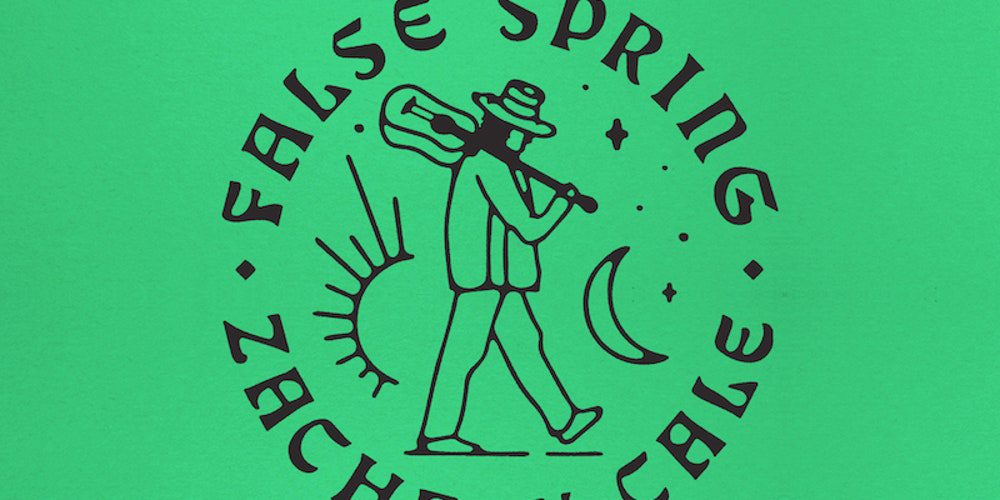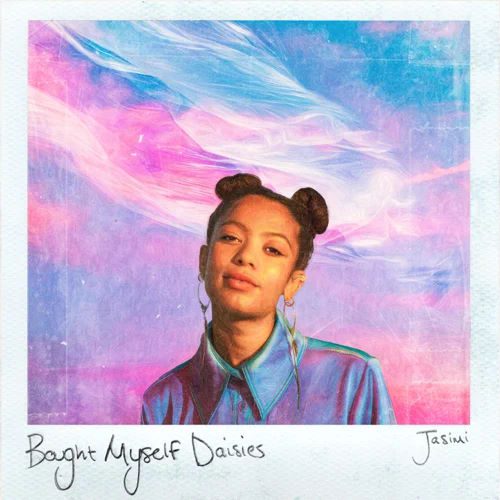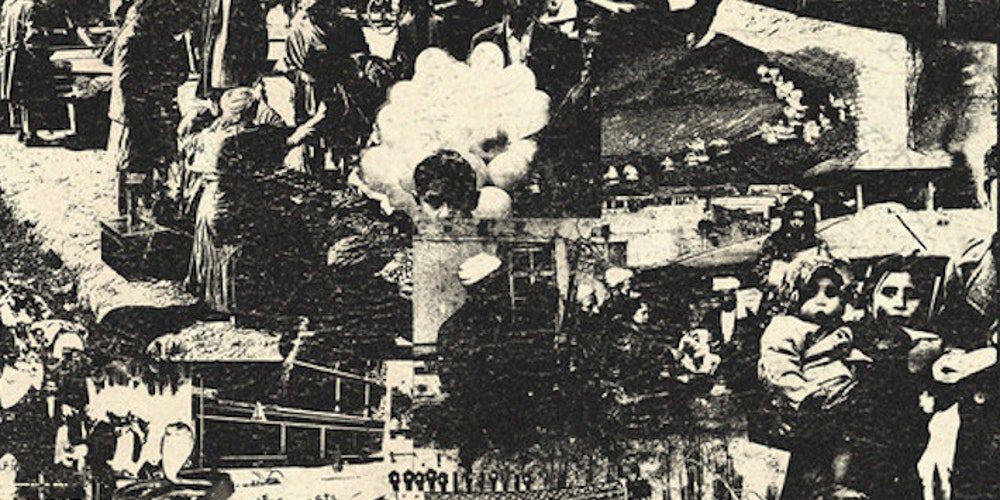
Zachary Cale
False Spring is a long, sweet ramble of an album. Like the view from an early morning flight, it assumes a vantage where everything looks still and glowing and peaceful. Brooklyn artist Zachary Cale works in the tradition of cryptic, pastoral singer-songwriters like Jeff Tweedy and Cass McCombs. But unlike his more lyric-driven peers, Cale’s goal is to stay out of the way of his songs. On False Spring, his work has more in common with wordless, new age-leaning Americana projects like the recent work of William Tyler or the ’80s output from the label Windham Hill. More than with his impressionistic words, Cale expresses himself most eloquently through subtle instrumental details: his fingerpicking, the way he places a piano in the mix, how one song’s fadeout speaks to the next one’s opening.
During the first half of the 2010s, Cale released nearly an album a year, each one a clear evolution from the last. But after 2015’s full-band breakthrough Duskland, he stepped away. “The last five years have felt like one long winter,” he wrote about this album’s long genesis. False Spring offers little insight into the darkness he might have faced; instead, he meditates on transformation, on deeper changes. Through the album’s hour-plus runtime, Cale seems less concerned with his own place in the world than with how the world has moved on without him: “The sand is shifting/The clocks are turning,” he sings brightly in “Mad Season,” surveying his environment before immersing himself back in it.
The instrumental songs come in pairs: the title track and “Magnetic North” near the top, “Black Dirt Drift” and “Seaside Downtime” near the end. Their sequencing gives the album a narrative thrust, and the band’s performances complement him at every turn. The sound is polished but exploratory, vibrant but refined. Hearing them at work is like the feeling of walking barefoot over wet grass. Cale encouraged his accompanists to write their own parts to each song, lending the music a more collaborative spirit. When a hushed saxophone solo emerges during the lilting “Come Morning,” it sounds almost inquisitive, answered by one of the album’s most mournful verses. Cale sings about feeling exhausted and voiceless, so the music trudges alongside him.
Even at their darkest, his songs aim to pacify, never settling too long on dissonant thoughts or minor chords. Amid all his introspection, Cale searches for hope. The closing “Free to Go,” accompanied by Alfra Martini’s gentle background vocals, might be his version of a sweeping finale: The lyrics turn wistful, the band settles into twilight balladry. “Please God, don’t let this be a mirage,” he sings. It’s a thought that might occur when life seems too beautiful to be real, and it’s a fitting sentiment to end an album so steeped in calmness and solitude that it sometimes seems to float just above reality.
Minus a few surging highlights—particularly the open-tuned uplift of “Careening,” a grand melding of Wilco circa Summerteeth and Yo La Tengo’s more blissful, acoustic jams—the mood itself is what stands out. According to Cale, he recorded several albums’ worth of material in the half-decade since Duskland, but these songs are what spoke to him. Their purpose is clear. “I wanna be your piece of heaven/In a world that’s cold and broken,” he sings in “Man Beside You.” From him, it’s a romantic gesture, and the key word is “piece.” On False Spring, he hopes to be part of something greater, a companion for the long haul.




